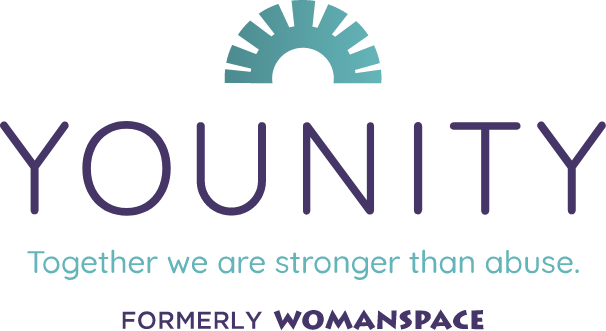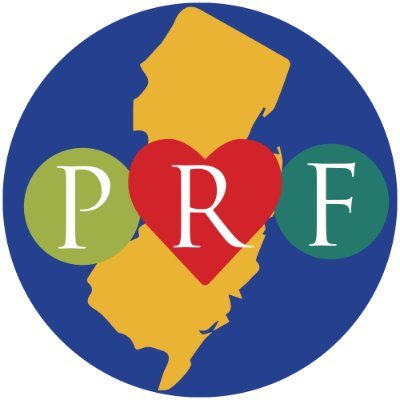On June 30th, 2021, Womanspace was awarded a $10,000 grant from the NextGen Giving Circle Fund at Princeton Area Community Foundation. NextGen is comprised of millennial donors, who pool their contributions, and then collectively decide which charities will be awarded grants. The Giving Circle was created in 2017 by Jeremy Perlman, a Risk Advisor at Borden Perlman in Ewing, to help the millennial generation learn about philanthropy and nonprofits in the Central Jersey area.
These funds will support Womanspace’s work in protecting families and providing a safety net of supportive services to prevent abuse. We are very pleased to have backing from generous organizations such as the Princeton Area Community Foundation and the NextGen Giving Circle who support Womanspace’s mission.
Thank you for helping us continue to provide valuable lifesaving programs and services to survivors during this time.















